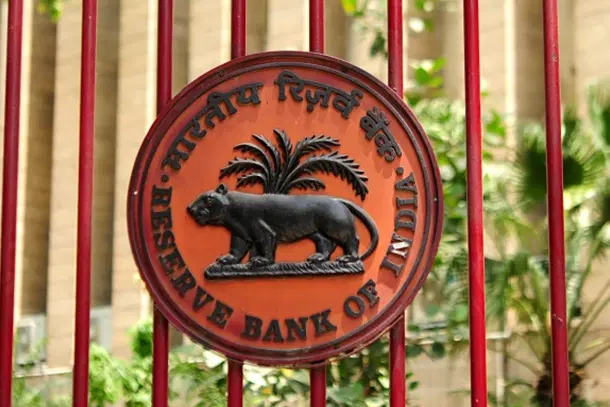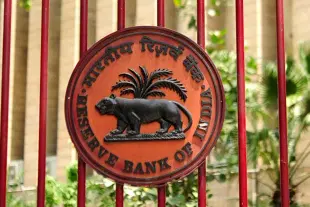News Brief
IoT payments, Banking Connect, Reserve Pay, AI Help— RBI Launches Four Game-Changing UPI Initiatives At Global Fintech Festival 2025
Swarajya News Staff
Oct 10, 2025, 09:38 AM | Updated 09:38 AM IST
Save & read from anywhere!
Bookmark stories for easy access on any device or the Swarajya app.


The Reserve Bank of India launched four groundbreaking digital payment initiatives at the Global Fintech Festival 2025 this week, marking a significant expansion of India's UPI ecosystem.
RBI Governor Sanjay Malhotra announced the launch of four new product offerings at the Global Fintech Festival on Wednesday (8 October), unveiling IoT-based UPI Payments, Banking Connect, UPI Reserve Pay, and AI-based UPI Help powered by NPCI's Small Language Model.
The initiatives aim to reshape how Indians conduct digital transactions, introducing payment capabilities through connected devices whilst streamlining credit management and customer support.
IoT Payments with UPI: Users can make instant payments for services like fuel, EV charging, or other services via connected cars, smart glasses, or smart TVs, making transactions faster, smarter, and frictionless.
The system operates through user-authorised IoT devices capable of initiating payments based on contextual triggers, routines, voice, or text instructions.
Banking Connect: An interoperable net banking solution developed by NPCI Bharat BillPay Limited (NBBL) brings to life RBI's Payments Vision 2025 of enabling 'E-payments for Everyone, Everywhere, Everytime,' by extending interoperability to internet and mobile banking transactions.
Payment aggregators gain access to all participating banks through a single integration, eliminating the need for multiple one-to-one setups.
UPI Reserve Pay: The initiative enables users to set aside or 'block' a part of credit card or pre-sanctioned credit line limits to simplify repeat purchases across e-commerce platforms, food delivery apps, and cab aggregators by creating a seamless, native UPI experience.
Customers gain complete transparency with a clear view of both blocked and utilised credit across merchant apps, UPI applications, and issuer platforms.
AI-Based UPI Help: Leverages NPCI's Small Language Model to deliver real-time user guidance for payments, mandates, and dispute resolution within UPI apps, with this in-house developed AI assistant trained using payment data to deliver accurate and rapid support.
Users can check transaction status, raise and track complaints, manage mandates, and receive contextual guidance.
The RBI also introduced biometric authentication for approving UPI payments without PINs alongside a face authentication feature using UIDAI's app-based biometrics.
The face authentication feature using UIDAI's app-based biometrics simplifies onboarding and removes the need for debit cards to set UPI PINs.
The biometric feature allows users to approve transactions using fingerprint or facial recognition stored on their devices, providing an optional alternative to traditional PIN-based authentication.
The launch took place in the presence of Nandan Nilekani, Co-Founder and Chairman of Infosys and Honorary Advisor to NPCI on Innovations and Public Policy, along with senior bankers and fintech founders.
The 6th edition of the Global Fintech Fest 2025 wrapped on Thursday (9 October) at the Jio World Convention Centre in Mumbai, organised by the Payments Council of India, National Payments Corporation of India, and Fintech Convergence Council.
RBI Governor Sanjay Malhotra said the innovations mark 'a new era of intelligence, interoperability, and inclusivity' in the digital payments ecosystem.
The initiatives represent India's commitment to building a secure, inclusive digital economy.
Aligned with the vision of Digital India, this launch positions India at the forefront of real-time global payment solutions, with NPCI delivering secure, scalable, and future-ready IoT-enabled payment rails and frameworks.
The RBI Deputy Governor also announced three additional features including UPI Multi-Signatory for joint accounts, small-value transactions using wearable glasses via UPI Lite, and forex access on Bharat Connect, further expanding the UPI ecosystem's capabilities for Indian consumers and businesses.





